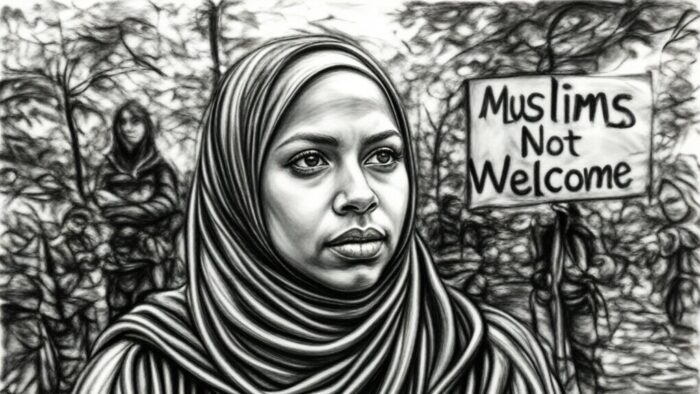A Muslim Council of Britain (MCB) tribute for Pope Francis highlighted his legacy as a man of peace and justice. On 8 April 2025, MCB published an obituary for the Pope, praising his lifelong commitment to interfaith dialogue and social justice. The piece begins:
The Muslim Council of Britain (MCB) expresses heartfelt condolences on the passing of Pope Francis, a man who dedicated his life to peace, justice, and interfaith harmony. His efforts to bridge divides between communities and promote mutual respect have left a lasting legacy. The MCB honors his commitment to social justice and his role in fostering dialogue among faiths. We pray for his soul and for continued peace in the world.
Read more: https://mcb.org.uk/mcb-statement-on-the-passing-of-pope-francis-a-man-of-peace-and-justice/
Key Points
-
In an obituary by the Muslim Council of Britain (MCB), Pope Francis was recognized for promoting peace and justice across religious and cultural divides.
-
The MCB praised Pope Francis’s dedication to interfaith dialogue and mutual respect between communities.
-
The obituary also said the Pope’s leadership had inspired cooperation and understanding between Christian and Muslim communities in the UK and worldwide.
-
The MCB expressed hope that Pope Francis’s legacy will encourage ongoing efforts toward global harmony and social justice.
Mourning as a Tool of Influence: Brotherhood Obituaries and Narrative Control
Obituaries and public mourning statements for popular figures, such as those documented in the obituary for Global Muslim Brotherhood (GMB) spiritual leader Youssef Qaradawi, serve as strategic opportunities for influence operations and narrative control. The nearly universal acclaim for Qaradawi from GMB affiliates from across the world illustrates how such moments are used to reinforce organizational legitimacy and unify disparate networks. Similarly, when Turkey’s main religious body Diyanet presented an achievement award to Islamist singer Yusuf Islam fka. Cat Stevens, the public recognition extended influence by associating popular cultural figures with Brotherhood-linked causes. External research shows that these instances are not merely symbolic; they are part of a deliberate soft power approach, enabling Islamist groups to sanitize their reputations, mobilize supporters, and influence public discourse by aligning themselves with widely respected institutions and individuals. This pattern has been documented in multiple contexts, where public mourning and award ceremonies are used to reinforce legitimacy and deflect criticism, particularly, as is the case with the MCB, when organizations face scrutiny for extremist affiliations.
External References:
-
Muslim Council of Britain Pays Tribute to Her Majesty Queen Elizabeth II
- Identifying Virtues and Values Through Obituary Data-Mining
-
Muslim Council of Britain Question for Department for Levelling Up, Housing and Communities
Disclaimer:
The Global Influence Operations Report (GIOR) employs AI throughout the posting process, including generating summaries of news items, the introduction, key points, and often the “context” section. We recommend verifying all information before use. Additionally, images are AI-generated and intended solely for illustrative purposes. While they represent the events or individuals discussed, they should not be interpreted as real-world photography.









